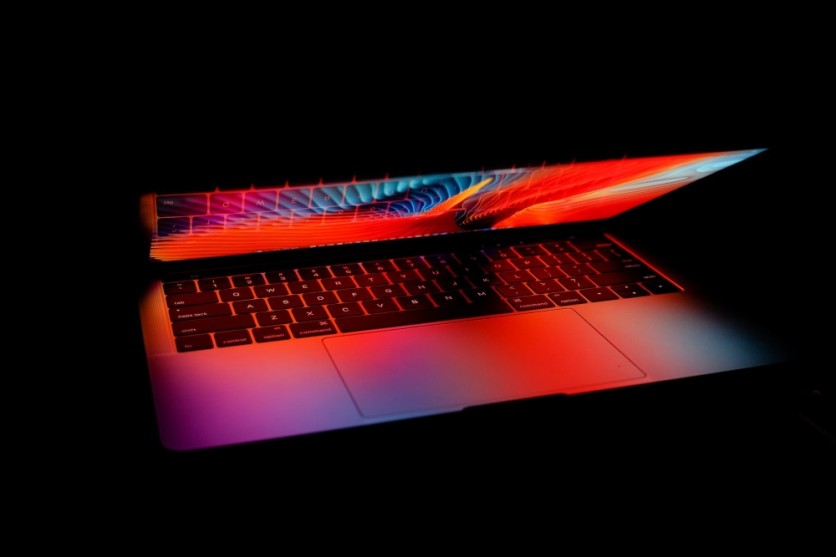Apple's iOS devices have often been hailed as the gold standard for safeguarding user data. However, recent revelations about a privacy feature in iOS have raised eyebrows.
Android Authority tells us that this feature meant to bolster privacy by concealing the Wi-Fi MAC address of iPhones and iPads, known as the "Private Wi-Fi Address," has been found to fall short of its promises.

The Privacy Feature That Fell Short
Apple introduced the "Private Wi-Fi Address" feature three years ago to enhance user privacy by obfuscating the MAC address when connecting to different Wi-Fi networks.
The concept was simple yet effective - rather than exposing the unchanging and traceable MAC address, the device would generate a unique "private Wi-Fi address" for each network, making it harder for entities to track users across various networks.
Initially introduced in iOS 14, this feature was meant to give users an extra layer of security, especially in a world where privacy concerns are paramount.
Apple continued to improve this feature, allowing users to assign a new private address for each network they connected to.
The Unintended Consequences
However, as per a report from Ars Technica, it seems that this feature never quite lived up to its promises. While it did indeed generate a "private Wi-Fi address" on connection, it also simultaneously shared the actual MAC address, just in a different data field.
This flaw meant that an individual with malicious intent could still easily access the true MAC address, thus defeating the purpose of the feature. Even Apple's Lockdown Mode, which is supposed to enhance security, failed to shield the real MAC address.
Although the practical impact of this vulnerability might be limited for the average user, it underscores that even trusted tech giants like Apple are not immune to lapses in privacy features.
The Importance of Concealing MAC Addresses
For those unfamiliar with MAC addresses, they are unique strings of 12 characters, a combination of numbers and letters, assigned to every network-enabled device.
Traditionally, MAC addresses are considered static and tied to the device, making them a valuable tool for tracking users as they move across different Wi-Fi networks.
Much like a license plate number can track a vehicle, a MAC address can be used to trace an individual's online activity and movements.
Over the years, security experts have emphasized the significance of concealing MAC addresses, as they are a potential vulnerability for user privacy.
While encryption protocols like HTTPS have bolstered online security, a persistent MAC address can still be exploited for tracking purposes.
iOS 17.1
With the release of iOS 17.1, Apple aims to rectify the issues with the "Private Wi-Fi Address" feature. The update removes the code that allowed the actual MAC address to be inadvertently disclosed.
This should now provide users with a more robust level of privacy protection, ensuring that their MAC address remains truly concealed when connecting to Wi-Fi networks.
Stay posted here at Tech Times.
Related Article : Apple Safari Browser Remains Vulnerable to Spectre Attacks That Can Steal Passwords, Emails

ⓒ 2026 TECHTIMES.com All rights reserved. Do not reproduce without permission.




